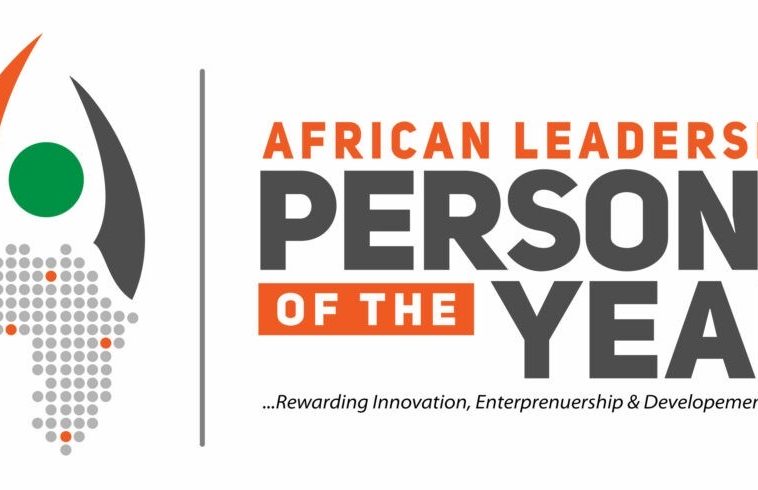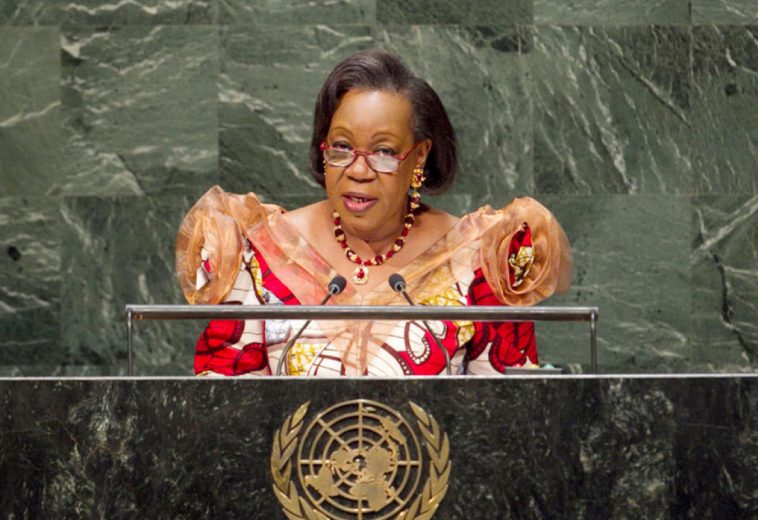From the heart of Africa’s giant emerged a bold and visionary foreign policy, one deeply rooted in Afrocentrism. Picture Nigeria post-independence in 1960, with its former Prime Minister, Sir Abubakar Tafawa Balewa, proclaiming the continent as the beating heart of Nigeria’s global engagements. This proclamation laid the foundation to advance Africa’s interests as the very soul of Nigeria’s national ambitions. But what does this grand vision mean for everyday Nigerians? That’s the tale we’re exploring.
The journey began with Sir Abubakar Tafawa Balewa’s historic pronouncements, solidifying Nigeria as a champion of Africa’s prosperity on the world stage and securing its role as a pivotal leader on the continent.
The doctrine of Afrocentrism laid the foundation for a destiny where Nigeria saw itself not just as a nation but as a beacon of leadership across Africa. Nigerian leaders intertwined Africa’s fate with their own, a principle sparking discussions about its tangible impact on the average Nigerian. Come, let’s look into Nigeria’s afrocentric foreign policy and its real effects on the lives of ordinary citizens.
While Nigeria’s international benevolence hasn’t always been crystal clear in its connection to national interests, it’s vital to recognise the merits of its foreign policy, as argued by some political observers.
Nigeria’s footprint across Africa has been imprinted through peacekeeping missions, humanitarian aid, and support for other African nations during tumultuous times. Yet, the direct influence of these actions on the everyday Nigerian remains a topic of ongoing debate. Even as Nigeria’s contributions to regional and continental stability stand commendable, the big question looms: how have these efforts truly translated into tangible benefits for ordinary citizens?
A significant shift occurred in 2007 when Nigeria began steering its foreign policy towards its people. This marked a turning point, a deliberate move to place ordinary citizens at the heart of diplomatic efforts. It was a response to the growing need for a practical foreign policy that truly enriches the lives of its people.
The impact of Nigeria’s afrocentric foreign policy on the everyday Nigerian has been under constant scrutiny. While its leadership in Africa remains undeniable, the direct impact on the average citizen has sometimes been less visible. This raises crucial questions about the alignment of national interests with the interests of everyday Nigerians.
Nevertheless, with this shift towards citizen-centric diplomacy, there’s a new glimmer of hope. Nigeria seems poised to increasingly prioritise the welfare and interests of its citizens in its foreign affairs. The nation’s historical dedication to Africa and the current emphasis on citizen-centred approaches lay the groundwork for a more balanced foreign policy that truly serves the well-being of all Nigerians.
As Nigeria continues to navigate its role as an African leader, striking a harmonious balance between commitments to the continent and the welfare of its citizens is crucial. By doing so, Nigeria can fulfil its vision of being a responsible and caring leader in Africa while ensuring that ordinary Nigerians, whose lives are deeply connected with the nation’s foreign policy, reap the rewards of its international engagements.
In light of Nigeria’s unwavering commitment to Africa and its evolving approach towards citizen-centred diplomacy, it’s time to call upon other African nations to collaborate in safeguarding the well-being of the continent. Africa faces a multitude of challenges, from security threats to economic disparities and health crises. Addressing these effectively requires unity among African nations, pooling resources, expertise, and collective strength.
Nigeria’s commitment to afrocentric foreign policy showcases its dedication to African unity and progress. Other African nations can draw inspiration from Nigeria’s proactive role in peacekeeping missions and humanitarian efforts. By collaborating with Nigeria and adopting a similar approach, African countries can work together, through their regional blocs or the African Union, to promote stability, economic growth, and social development across the continent.
Nigeria’s shift towards citizen-centred diplomacy sets an example for prioritising the welfare of ordinary citizens in foreign policy decisions. This approach places the interests and well-being of the average citizen at the forefront, ensuring that foreign policy initiatives directly benefit the people they serve. Other African nations can learn from Nigeria’s evolution and adopt similar principles to better address the pressing issues affecting their own populations.
As Nigeria continues to balance its role as a leader in Africa with its commitment to the welfare of its citizens, it’s crucial for other African nations to join hands with Nigeria in uplifting the African continent. Collaborative efforts will not only strengthen Africa’s position on the global stage but also improve the lives of ordinary citizens across the continent. Together, African nations can work towards a brighter, more prosperous future for all Africans.


